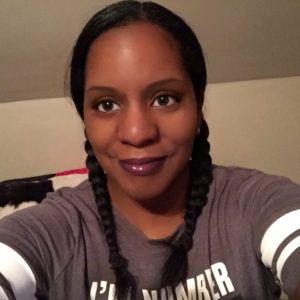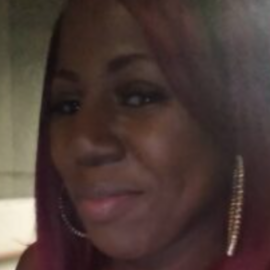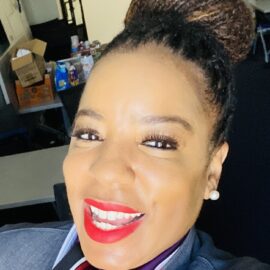The American Society of Clinical Oncology (ASCO) Annual Meeting is a premier event in the oncology community, gathering thousands of professionals from around the globe to discuss groundbreaking research, innovative treatments, and the future of cancer care. This year, Team Cervivor attended ASCO 2024, marking a significant milestone for our organization and highlighting the critical role of patient advocates in the fight against cancer.
What is ASCO?
ASCO, founded in 1964, is a leading professional organization for physicians and oncology professionals. Its mission is to conquer cancer through research, education, and the promotion of the highest quality patient care. The annual ASCO meeting is the largest of its kind, offering a platform for the latest scientific advancements, policy discussions, and networking opportunities. Attendees include oncologists, researchers, pharmaceutical representatives, and patient advocates, all united in their dedication to improving cancer care.



Our presence at ASCO 2024 was a testament to the growing recognition of the importance of patient voices in shaping cancer care and research. Here’s why our participation matters:
- Amplifying Patient Voices: As patient advocates, we bring the perspectives and experiences of those directly affected by cervical cancer. Our stories and insights are invaluable in guiding research priorities and improving patient care practices.
- Cultivating Collaboration: Attending ASCO allows us to collaborate with researchers, clinicians, and other advocacy groups. These interactions help us stay informed about the latest advancements and ensure that patient needs are at the forefront of scientific discussions.
- Promoting Awareness and Education: By engaging with the oncology community, we can spread awareness about cervical cancer, highlight the importance of prevention and early detection, and share our educational resources. Our presence at ASCO reinforces the message that cervical cancer is preventable and treatable when caught early.
- Influencing Policy and Research: Our participation at ASCO provides opportunities to advocate for policies that benefit cervical cancer patients and survivors. We can also contribute to shaping research agendas by emphasizing areas that require more attention, such as disparities in cancer care and the psychosocial impacts of the disease.
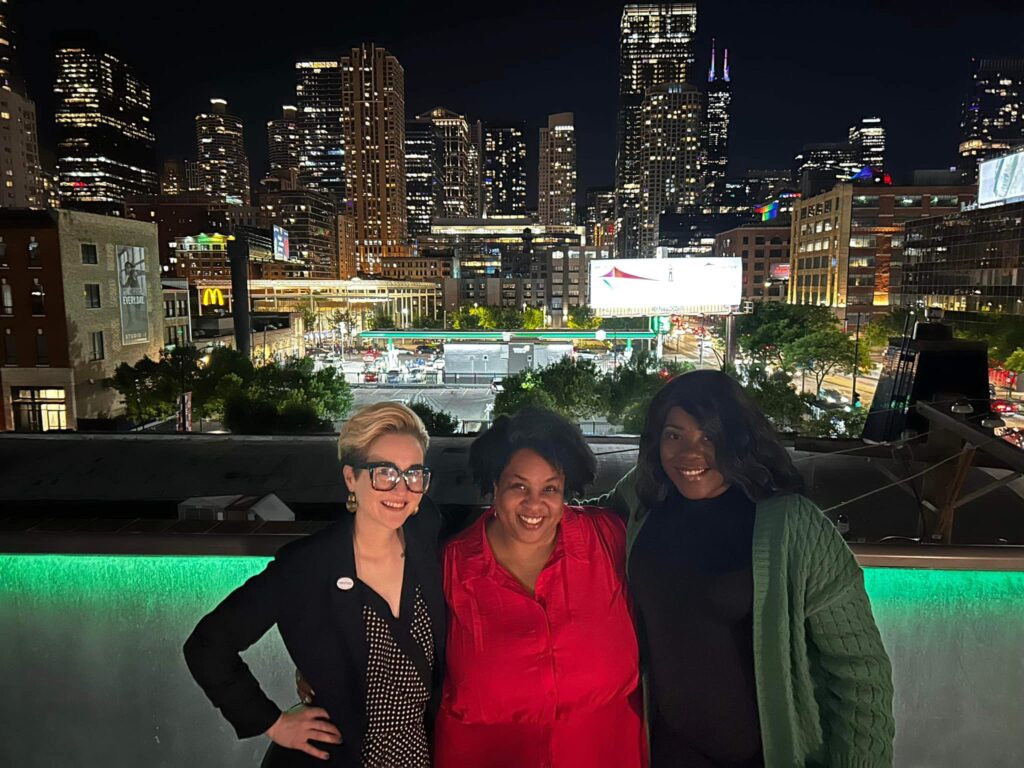
Highlights from ASCO 2024
ASCO 2024 was a whirlwind of inspiring sessions, groundbreaking research presentations, and meaningful interactions. Here are some highlights from our experience:
– Networking Opportunities: We connected with oncologists, researchers, and fellow advocates, nurturing relationships that will strengthen our advocacy efforts. These connections are crucial for creating a supportive network dedicated to cervical cancer eradication.
– Media and Outreach: We participated in interviews, highlighting the importance of patient advocacy and the work we do. These media opportunities allowed us to reach a broader audience and amplify our message.
We also had the honor of having our Founder and Chief Visionary, Tamika Felder, speak on a crucial panel titled, “Bridging the Gap in Cancer Care for Adolescents and Young Adults” hosted by The Atlantic. This enlightening session shed light on the challenges faced by the nearly 1.5 million adolescents and young adults diagnosed with cancer each year. Addressing issues such as work, health insurance, school, fertility, and emotional distress, the panel explored the unique cancer biology of this age group and the lack of survival improvements compared to other age demographics. Tamika, alongside other survivors, oncologists, and advocates, shared her journey and insights, emphasizing the importance of tailored care and pioneering local programs that support the distinct needs of young cancer patients. Her participation underscored Team Cervivor’s commitment to advocating for comprehensive and compassionate cancer care for all age groups.

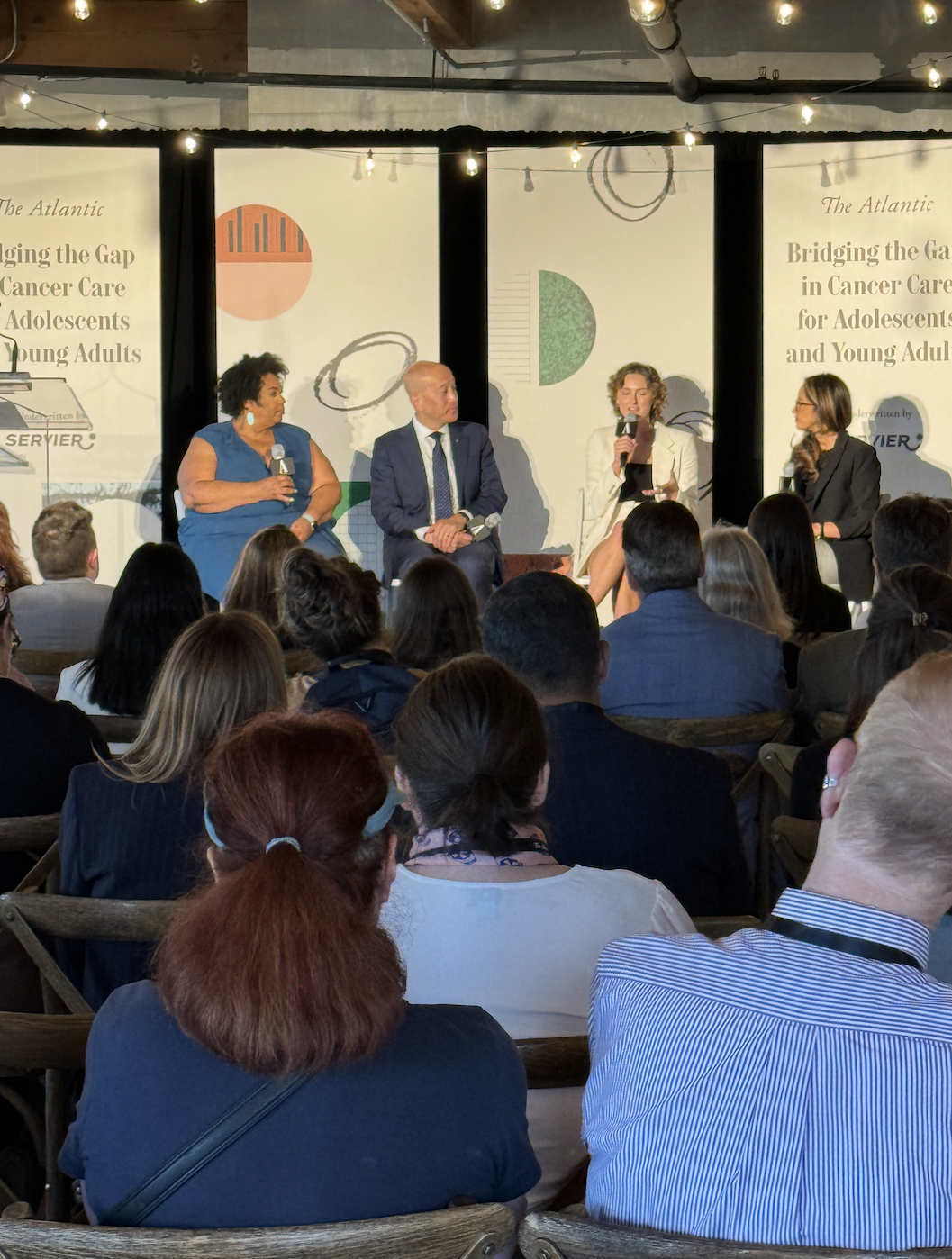
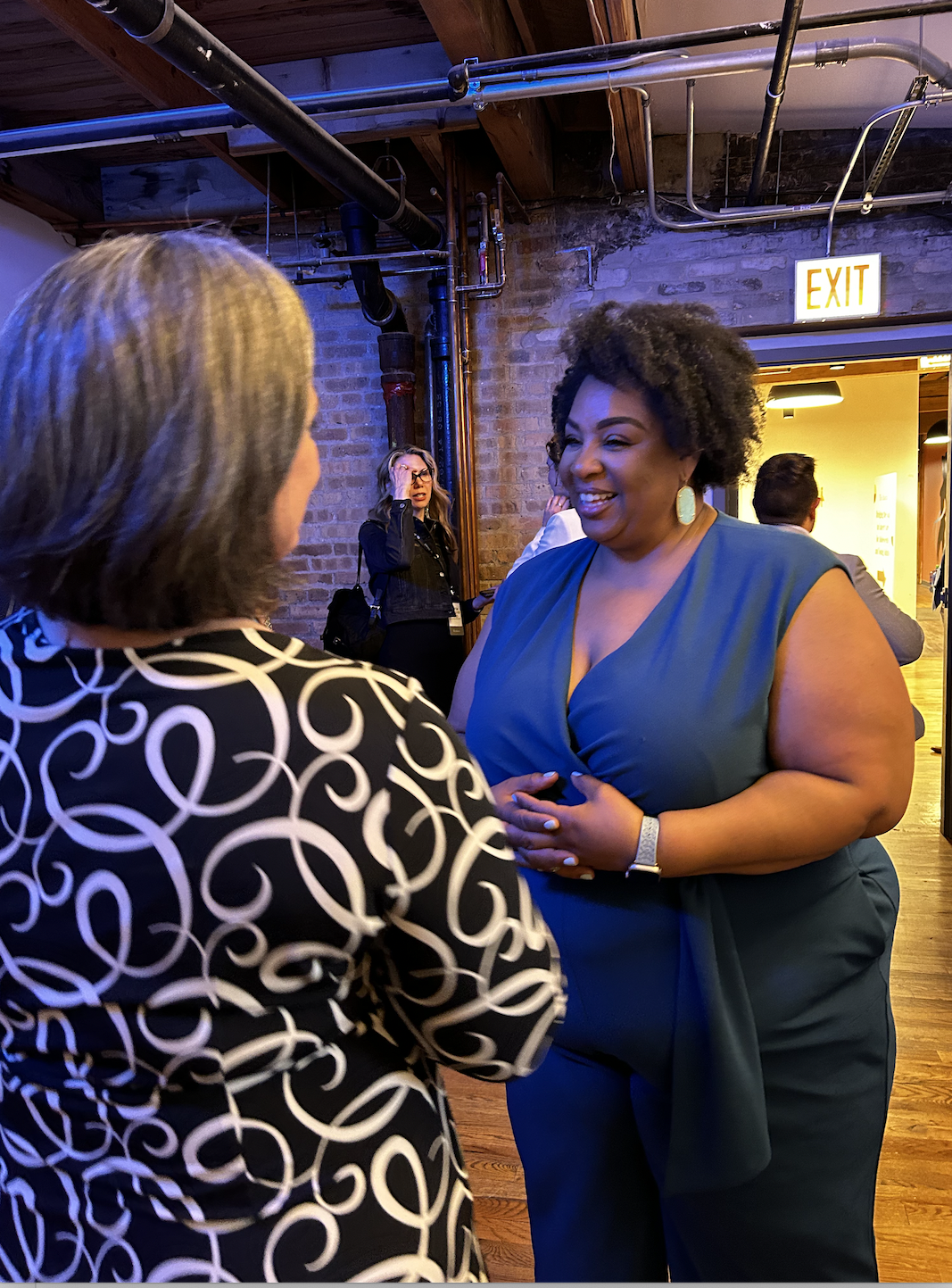
Attending ASCO 2024 was more than just an opportunity to learn and network; it was a chance to reaffirm our commitment to the mission to end cervical cancer. We left the conference inspired and energized, ready to continue our mission with renewed vigor. Our presence at ASCO underscores the vital role of patient advocates in the oncology community, and we are proud to be a voice for cervical cancer patients and survivors worldwide.
As we move forward, we will leverage the knowledge and connections gained at ASCO to enhance our educational programs, support initiatives, and advocacy efforts. Together, we can make a difference in the lives of those affected by cervical cancer and work towards a future free of this preventable disease. Stay tuned for more updates from Team Cervivor and join us in our journey to eradicate cervical cancer. Together, we are stronger, and together, we can achieve a world without cervical cancer.
